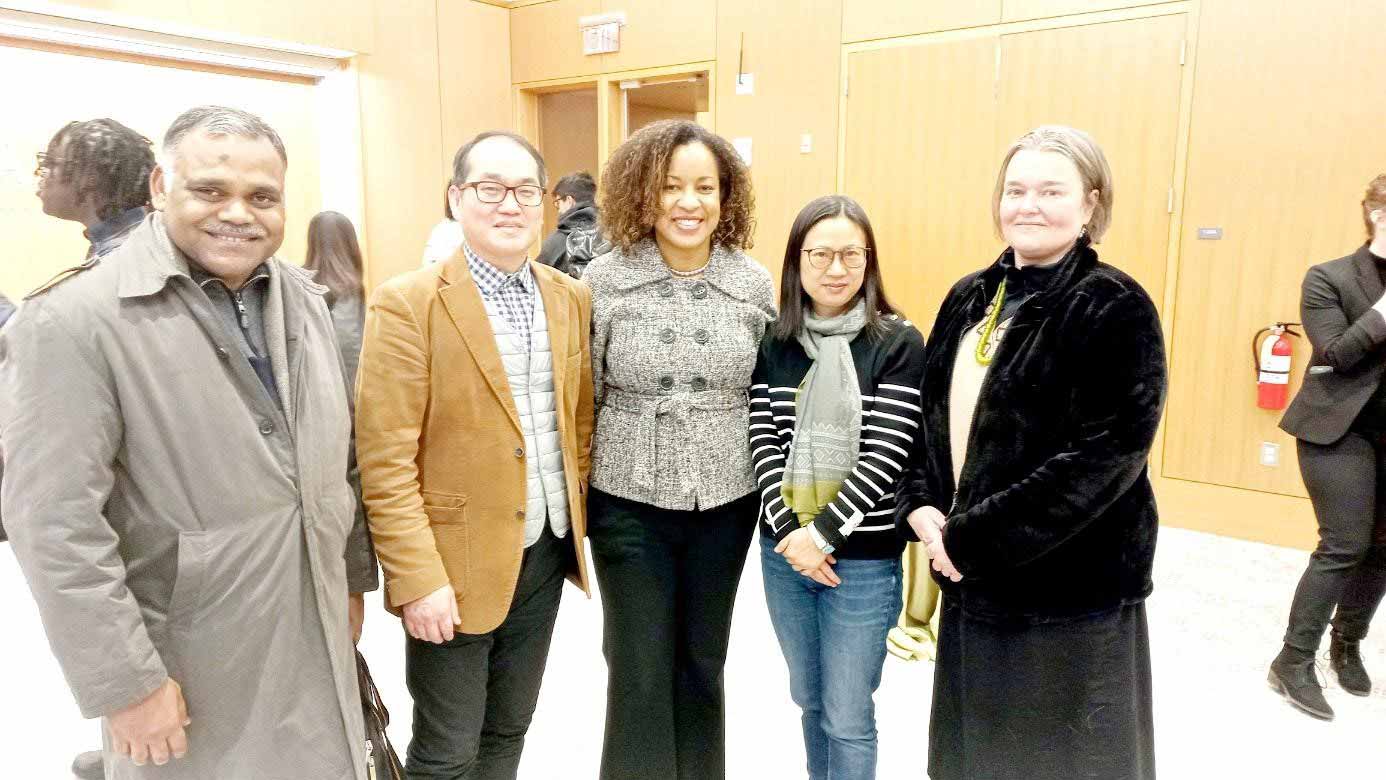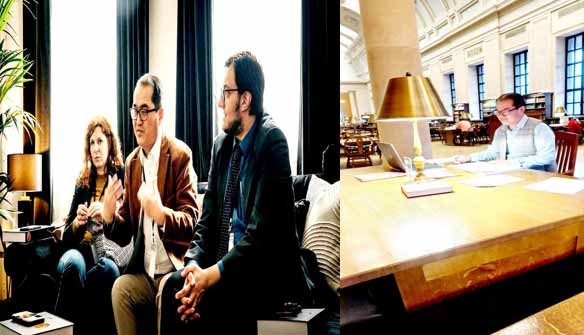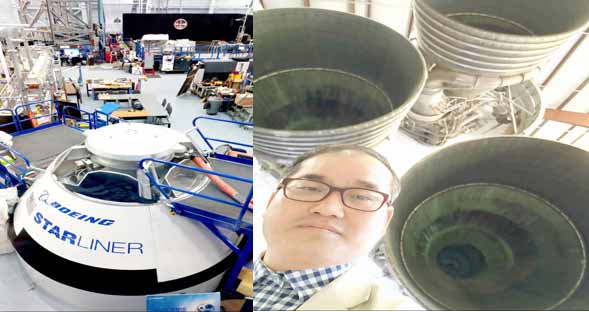영국 왕립역사학회(The Royal Historical Society, UK) 석학회원과 오스트레일리아 ANU-InSpace Mission Specialist로 활동하고 있는 우리 대학 교양대학 데이비드 윌리엄 김 교수가 우주과학과 인문융합분야 한국연구재단 장기프로젝트 일환 (2022-2025)으로 NASA화성탐사에서 아직 미제로 남아있는 Human Research Programs (HRP)에 관한Innovative Research(SCI급 핵심공동연구)를 성공적으로 실행하였다.

아래는 연구프로젝트 원문 (Space Spirituality: An Underrecognised Tool in an Astronaut’s Toolkit) 일부를 간략하게 소개하고 있다.
During long periods of space travel, humans endure observable physical and psychological difficulties, but they also face less obvious spiritual difficulties. Engineers and space scientists focus on astronauts’ bodies and minds but not their souls. Personal spirituality is an unrecognized resource for communal sustainability in space exploration.
There are five major hazards during space travel: altered gravity, cosmic radiation, confinement, distance from Earth, and unknown hostile environments. Two pernicious hazards are cosmic radiation that badly affects the human nervous system, influencing and altering DNA, cells, and body tissues. Prolonged altered gravity causes motion sickness, muscle wasting, and changes to visual perception. Unmanned research vehicles have been deployed to Mars in recent years, including NASA’s Perseverance Rover and Ingenuity Helicopter, the United Arab Emirates’ Hope Orbiter, and China’s Tianwen-1 Orbiter and the Yutu 2 Rover. But long-term manned space travel and colonization of The Red Planet will require addressing the human bodies inside interplanetary vehicles.

In addition to physiological demands, the isolation, distance from Earth, and unknown hostile environments present psychological challenges. Uncertain conditions decrease human performance, create conflict, and reduce the sense of security; in turn, these decreases increase loneliness, emotional strain, fear, lethargy, waning enthusiasm, and can even inspire violence. For Mars-oriented space travel lasting 2.5–3 years, advanced entertainment systems like virtual reality and augmented reality, access to media platforms like Netflix, AI pet companions, smart sleeping systems, and private hobbies (reading, simple sports, and drawing) could partly improve mental health. But could religion also support wellness in space?
While the abstract, ideological, or subjective responses of star travelers have not been explicitly considered in decision-making protocols for future missions, my research proposes a hypothetical space policy that deploys personal spirituality to cultivate positiveness, solicitude, self-sacrifice, endurance, courage, and optimistic hope, all of which will support psychological security in the space community.
While space medicine, including drug and talk therapy, is included and integrated into operating protocols for interplanetary voyages, the spiritual wellbeing of astronauts should also be considered. Astronauts’ psycho-religious experiences have demonstrated no negative impact. The prosocial nature of personal spirituality has incredible promise to address discomforts in space. Confidence, assurance, and trust should not be underestimated. Religion potentially boosts these qualities.
For further research, see: https://cswr.hds.harvard.edu/news/05/08/2024/religion-underrecognized-tool-astronauts-toolkit












